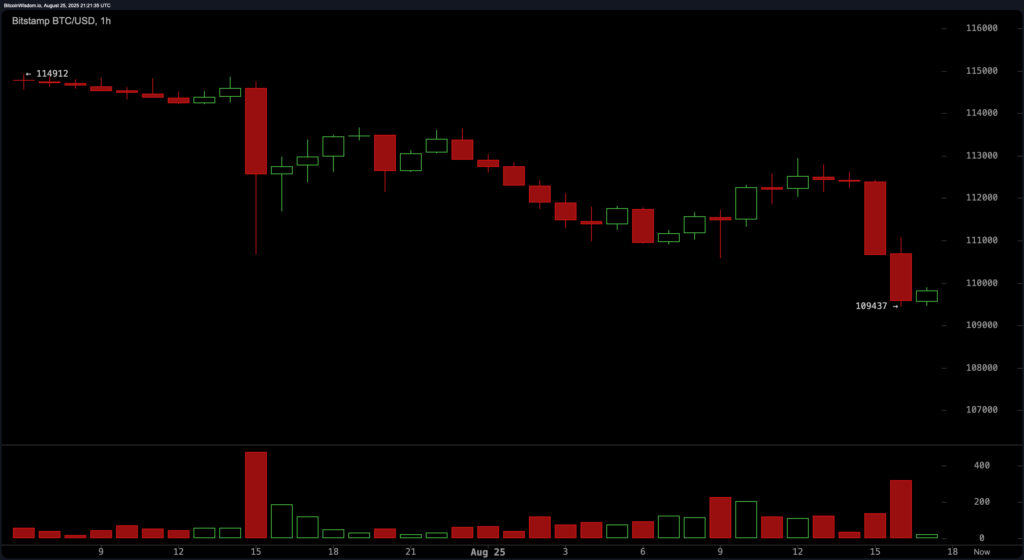
Introduction
As the popularity of cryptocurrencies continues to rise, Bitcoin, being the leader in the market, has garnered significant attention from investors, traders, and the general public alike. Selling Bitcoin is a crucial aspect for those looking to realize profits, offset losses, or simply cash out for practical uses. Understanding the best practices and the current landscape of Bitcoin trading is essential for anyone interested in effectively navigating this complex market.
Current Market Trends
As of late 2023, Bitcoin has experienced considerable fluctuations in its value. The market is showing signs of consolidation, with prices hovering around significant resistance points. Data from CoinMarketCap shows that Bitcoin’s price has fluctuated dramatically in the past quarter, impacting selling strategies for both new and seasoned investors. Furthermore, regulatory updates from countries like Canada are influencing market conditions, pushing sellers to respond swiftly to changes.
How to Sell Bitcoin?
There are multiple methods to sell Bitcoin, each with its own advantages and disadvantages:
- Cryptocurrency Exchanges: Platforms like Coinbase, Binance, and Kraken allow users to sell Bitcoin easily. Users can set sell orders, taking advantage of market prices. However, they should be wary of fees and potential withdrawal limits.
- P2P Platforms: Websites like LocalBitcoins enable users to sell directly to other individuals. This method often has lower fees and provides the chance for more private transactions, although it requires caution regarding buyer trustworthiness.
- Bitcoin ATMs: These machines allow users to sell Bitcoin for cash quickly. They are convenient but often come with higher fees compared to online exchanges.
- Over-the-Counter (OTC) Trades: Suited for high-volume transactions, OTC services can facilitate significant trades privately. Such transactions might require stringent identity verification processes.
Tips for Selling Bitcoin
- Stay Informed: Track market trends and be aware of any crypto regulations that may impact your selling strategy.
- Timing is Key: Pay attention to market movements. Selling during a price spike can maximize profits.
- Choose Secure Platforms: Use reputable exchanges and wallets to minimize risk.
- Understand Tax Implications: Be aware of any taxes applicable to gains from selling Bitcoin in your jurisdiction, as compliance is crucial.
Conclusion
Understanding how to sell Bitcoin effectively can not only help investors secure profits but also manage their portfolios more wisely amidst market volatility. As cryptocurrencies are likely to remain a major financial player, being equipped with knowledge and strategic insight will be essential for those looking to exit or transition into other investments. Continuously monitoring the market and staying updated on best selling practices is a prudent approach for every Bitcoin holder.



